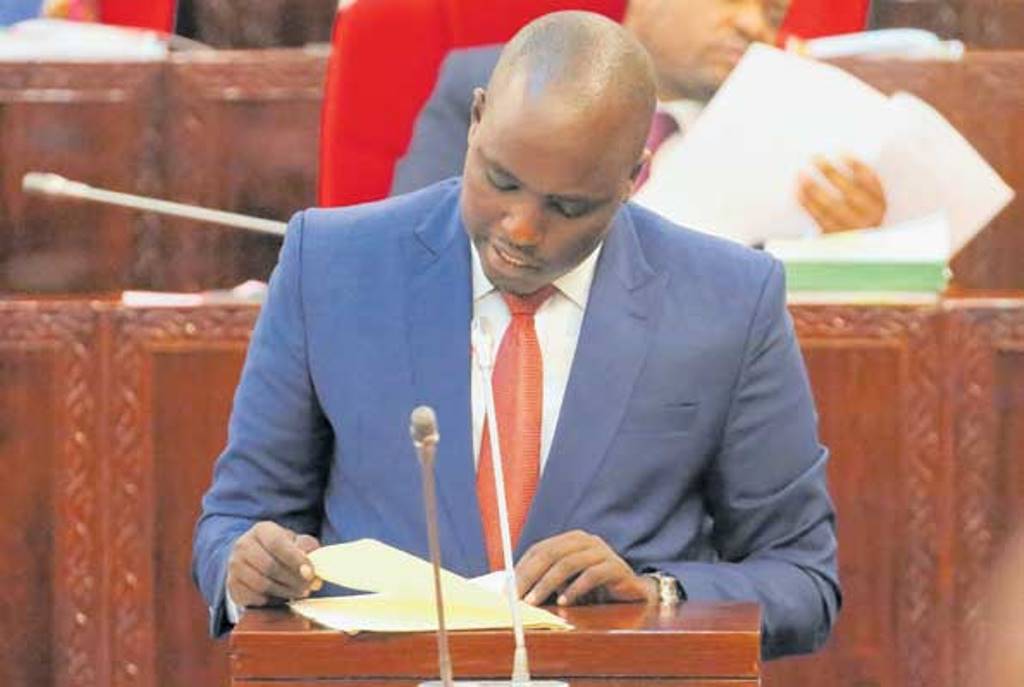AfricaPress-Tanzania: THE government yesterday announced drastic measures in the mining sector that it believes can help the country’s economy recover from effects caused by the COVID-19 pandemic.
Minister for Minerals Doto Biteko told the National Assembly that the new reforms are expected to advance the ministry’s revenue collection by 14.98 per cent to over 547.7bn/- from 476.3bn/-.
The State had since 2016 introduced a series of measures seeking to repair the sector that it says hadn’t done enough on the economy despite existing opportunities.
Tabling the ministry’s budget estimates and expenditures for the financial year 2020/21, the minister said so far, revenue collections had exceeded the target.
It said between July and March 2020, institutions under the ministry had collected over 4.6bn/-, or about 112 per cent of the planned 4.1bn/- target.
The achievements represent the government’s complete change of the industry’s legal framework around 2017 and 2018. The amendments of the mining legislation of 2010 empowered the state to re-negotiate terms of mining contracts and suggested a 16 per cent equity—a free carrier interest to all existing and future mining projects.
According to the minister, the government’s new focus will be to intensify geoscience explorations, strengthen Tanzanite and other gemstones/minerals markets, combat illegal mining activities, supporting smallholder artisanal and strengthening its inspection and data collection systems.
Tanzania had set the corporate income tax rate at 30 per cent, further hiking royalties to 6 per cent from 4 per cent on platinum, gold, copper, and silver exports while slightly increasing uranium export royalties to 6 per cent from five per cent.
The details released by the minister showed that royalties accounted for 79 per cent of the entire collections and penalties only contributing one per cent.
Geological and mineral inspection fees added up to 3 per cent and 12 per cent, respectively. The ministry also gained 5 per cent from annual fees.
“We plan to increase production at the Stamigold from 1,150oz to 1,500oz per month. Equivalently, we expect the mine to start work on gold smelting and intensify research activities in an attempt to revive the mine,” he said.
The minister went on to note that small scale miners have had a positive contribution to the economy.
He explained that between March, 2019 and February 2020, the group conducted business worth over 1.08trn/-, in which the government benefited with over 78bn/- in royalties and inspection fees.
The minister told the parliamentarians that the government will further strengthen its inspection team to fully ensure all the minerals were transported within and outside the country with the required permits.
Although the foreign mining companies continue to enjoy a significant dominance in the country’s key resource business, the establishment of Twiga Minerals Corporation Limited will provide the State opportunities to have a 50 per cent revenue benefit.
The mineral sector accounted for 12.6 per cent of the gross domestic product between January and September 2019, according to the National Bureau of Statistics. The contribution resulted from the increase in gold, coal, tanzanite and diamond production, the minister said.
The National Assembly is expected to approve over 62.7bn/- today.







